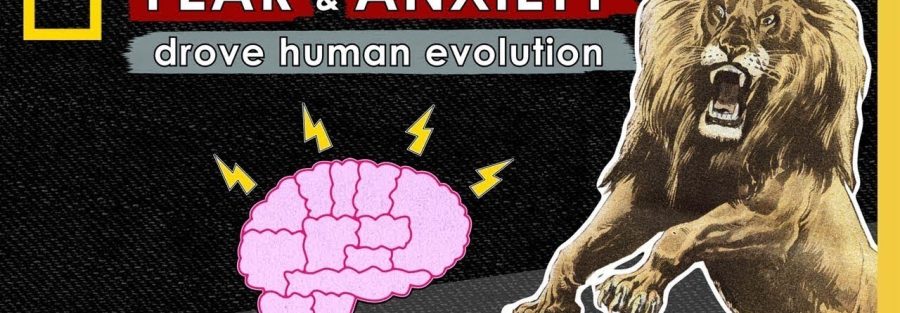How Fear and Anxiety Drove Human Evolution | Nat Geo Explores
Fear and anxiety, often seen as negative emotions, have been instrumental in shaping human evolution. These primal responses were not just survival mechanisms but also catalysts for the development of complex societies and advanced problem-solving abilities. This blog delves into how fear and anxiety have driven human evolution, exploring their impact on our ancestors and their influence on modern human behavior.
The Evolutionary Role of Fear
Fear is an ancient emotion that evolved to protect early humans from predators and other threats. In the harsh environments of the prehistoric world, the ability to recognize and respond to danger quickly was crucial for survival. Fear heightened awareness, increased alertness, and triggered the fight-or-flight response, allowing early humans to escape or confront threats more effectively.
Anxiety as a Driver of Innovation
Anxiety, while often associated with stress, also played a significant role in human evolution. It drove early humans to anticipate potential threats and challenges, leading to the development of advanced planning and problem-solving skills. This forward-thinking ability enabled our ancestors to create more sophisticated tools, develop complex social structures, and adapt to various environments.
Fear and Anxiety in Social Development
Fear and anxiety also influenced social behaviors and the formation of early human communities. As early humans faced common threats, they needed to collaborate and develop social bonds to increase their chances of survival. These emotions fostered group cohesion and cooperation, which were critical for hunting, gathering, and protection. The shared experience of fear and anxiety helped establish trust and solidarity within groups, laying the foundation for complex social structures and cultural development.
Modern Implications of Evolutionary Emotions
In today’s world, fear and anxiety continue to play significant roles in our lives, although their contexts have shifted. While modern threats often involve social and psychological challenges rather than physical danger, the evolutionary roots of these emotions remain evident.
Conclusion
The evolution of fear and anxiety highlights their importance in human development. These emotions were crucial for survival and adaptation, driving innovation and fostering social cohesion. By exploring their impact on human evolution, we gain a deeper understanding of how these primal responses continue to influence our behavior and societal structures today.
Click Here…. for More Information



